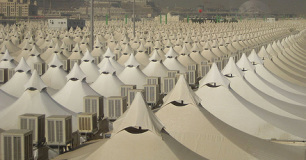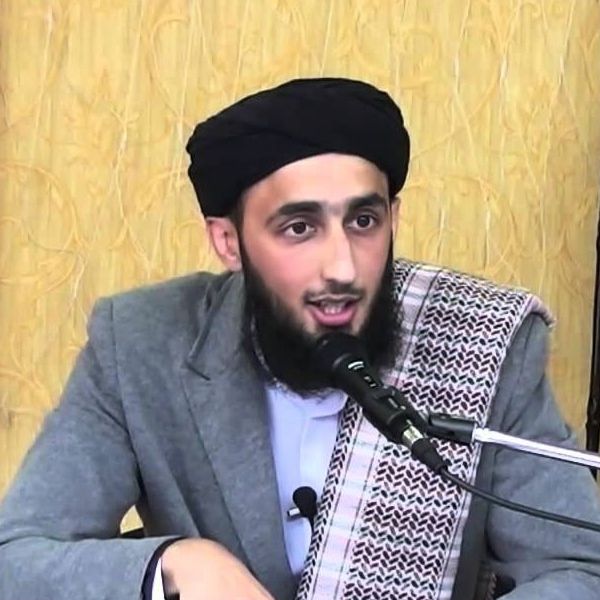- Courses
- >
- Fiqh of Worship (Fasting, Zakah, Hajj)
Fiqh of Worship (Fasting, Zakah, Hajj)
SKU:
£45.00
£45.00
Unavailable
per item
Fasting is one of the pillars of Islam and an effective means for fostering our relationship with Allah Almighty and for enhancing our empathy of less fortunate people in the world.
Zakah is a humanitarian device given to us by Allah Almighty by which we can help the poor and needy. Classical textbooks explained Zakah for their respective eras.
Hajj is the fifth pillar of Islam and one of the duties of every Muslim. Every person dreams to not only perform Hajj but for Allah to accept it too because the reward of an accepted Hajj is that the person’s sins are forgiven and they are restored to a state of purity; just like the day they were born.
Taught by Ustadh Muhammad Ali. Starting Saturday 4th March 11:30am to 12:15pm in Manchester (Manchester Communication Academy, Silchester Drive, M40 8NT).
Zakah is a humanitarian device given to us by Allah Almighty by which we can help the poor and needy. Classical textbooks explained Zakah for their respective eras.
Hajj is the fifth pillar of Islam and one of the duties of every Muslim. Every person dreams to not only perform Hajj but for Allah to accept it too because the reward of an accepted Hajj is that the person’s sins are forgiven and they are restored to a state of purity; just like the day they were born.
Taught by Ustadh Muhammad Ali. Starting Saturday 4th March 11:30am to 12:15pm in Manchester (Manchester Communication Academy, Silchester Drive, M40 8NT).
|
Vertical Divider
Fasting
Introduction
Fasting is one of the pillars of Islam and an effective means for fostering our relationship with Allah Almighty and for enhancing our empathy of less fortunate people in the world. Along with detailing core legal rulings pertaining to fasting, this unit also focuses on a range of contemporary questions facing Muslims around the world in relation to fasting, such as: - Does smoking invalidate my fast? - Can I use injections while fasting? - Is it true that fasts are invalidated by using inhalers? - Do I have to fast when I’m pregnant? Unit Aims:
What will I learn? You will learn about:
What will I achieve? By the end of this unit, you should be able to:
|
Vertical Divider
Zakah
Introduction
Zakah is a humanitarian device given to us by Allah Almighty by which we can help the poor and needy. Classical textbooks explained Zakah for their respective eras. However, the financial and zakah related issued facing Muslims in the 21st century are very different to those of the past. This unit will teach you rules which will allow you to answer questions like: - Do I need to pay Zakah on my car and my house? - Can I give zakah to my parents? I have a mortgage; do I still need to pay zakah? - Do I pay zakah on my student finance? I haven’t paid zakah in years; what do I do? - What are the spiritual implications of giving charity? - How do I calculate zakah by myself? Unit Aims:
What will I learn? You will learn about:
What will I achieve? By the end of this unit, you should be able to:
|
Hajj
Introduction
Hajj is the fifth pillar of Islam and one of the duties of every Muslim. Every person dreams to not only perform Hajj but for Allah to accept it too because the reward of an accepted Hajj is that the person’s sins are forgiven and they are restored to a state of purity; just like the day they were born. While outer rules teach you essential rites of this pilgrimage, inner rules guide you about the subtle meanings of every rite of Hajj and how to attain a state of spiritual purity through Hajj. This course will equip you with foundational knowledge needed to answer questions such as: - Why do we circambulate the Ka’aba? - What is the meaning and purpose of wearing Ihram? - I have debt, am I still able to perform Hajj? - What is the main purpose of performing Hajj? - If I have performed Hajj previously, can I perform it on behalf on another person? Is there an age limit for when one must perform Hajj? - What are the different types of sacrifices that can be made, does a specific animal need to be slaughtered? - I am performing Hajj with my family; will one sacrifice be sufficient for the entire family? - If I am unable to perform the stoning, is my Hajj legally valid? Unit Aims:
What will I learn? You will learn about:
What will I achieve? By the end of this unit, you should be able to:
|
|
Ustadh Muhammad Ali
He holds a BSc (Hons) in Business & Management and held a managerial position with a leading financial services provider. He subsequently left the post after a number of years to pursue the Sacred Knowledge. He graduated from the Islamic Law and Traditional Studies Programme at Al-Markaz Ul-Islami, Bradford in 2015. Under the guidance of Mufti Qazi Hassan Raza Whilst there he studied a broad range of Islamic Sciences including; Quranic Exegesis, Hadith Studies, Jurisprudence, Arabic Grammar, Principles of Hadith and Principles of Jurisprudence. He is currently studying Quranic Exegesis with Shaykh Omar Tahir and Hadith Studies, Jurisprudence, Theology & Logic with Shaykh ul-Hadith Allamah Abdur Rahman, locally in Bradford. |
Venue Information
All our classes are based within a classroom environment giving you the best opportunity and comfortability to make the most of your learning experience. Getting here will be easy whether you are travelling by car or public transport.
|
Address
Manchester Communication Academy, 2 Silchester Drive, M40 8NT Getting Here The Academy is easily accessible from the motorway and the metro-link there is a tram stop within a few minutes walk (Monsall Stop) Parking There is a free car park available at the venue, if the spaces are full there is also free parking on the surrounding streets. You will need to use the side entrance to the Manchester Communication Academy, "The Sports Entrance". |




